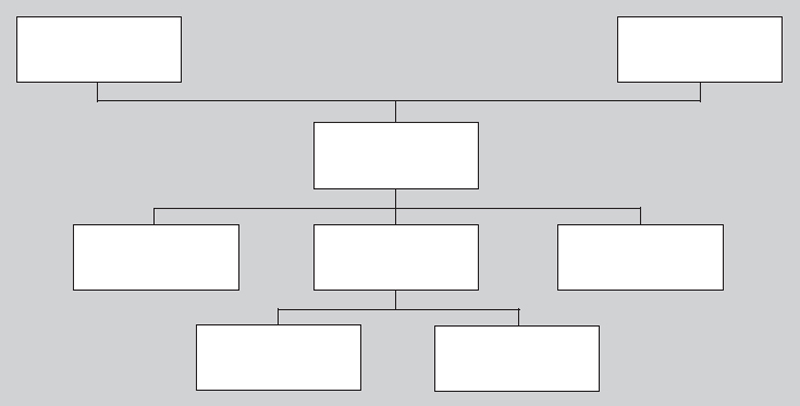Participation sdg13 Climate action
Participate actively in global and local actions and campaigns on climate change, as well as in high level political forums and summits organised by International Organizations as UN and EU where civil society, the private sector, academia and other stakeholders can attend. Provide inputs and propose solutions while enabling other stakeholders to be heard.
Select a situation known to the group and decide on the core problem. What are the effects of this problem? What are the other problems which contribute to the core problem? (NB Avoid writing down a lack of solutions as problems, rather state the problem itself that needs to be solved, e.g. rather than writing “Lack of awareness on effects of dumping”, say, “Townspeople dump waste in street.”) Build up the ‘tree’ from the core problem in the middle with causes below and effects above:

Add more cards to extend the tree as the discussion develops. Draw a line around a certain part of the tree in order to define a manageable project.
Rules of engagement:
- Participants write their own cards unless they are unable to write in which case take care to ensure that their ideas are being recorded faithfully
- Only one idea to be written on each card so ideas can be moved around
- Ask participants to write legibly
- Write a maximum of three lines per card so that it can be read easily
- Use key words that have been shared by the group
- The facilitator is not normally a stakeholder
This technique enables all stakeholders to participate in a sophisticated discussion of causes and effects.
NB To turn this into a hierarchy of project objectives, simply turn each card around and write a positive version of the ‘problem’ that was written there.